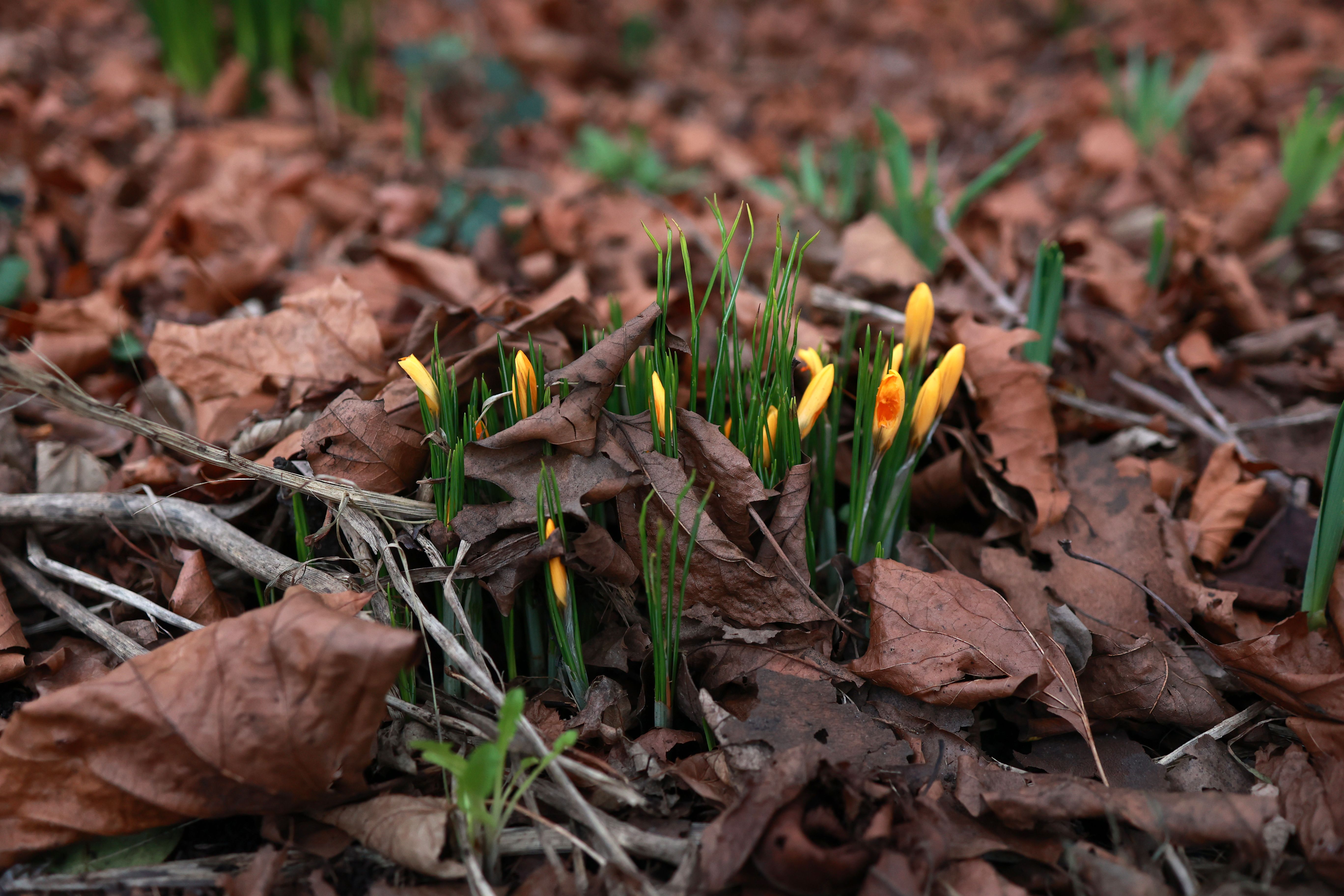“Sitting quietly, doing nothing, spring comes, and the grass grows, by itself.” Matsuo Bashō.
A great Zen writer reminds us that winter has gone and spring has – according to the daffodils and crocuses – arrived. I have been studying Zen for over thirty years now and still see myself as a student, even at my ripe old age of three score and ten plus. Studying Zen in my native Belfast, a city known for its history of conflict and resilience, in this space of tension and transformation Zen has been my grounding force and Bashō’s words have echoed through my Zen practice time and time again.
At first glance, the quote seems deceptively simple, just an observation of nature’s rhythm. Yet, in Zen, simplicity often points to profound truths. This phrase speaks of surrender, of allowing things to unfold without interference. It reminds me that reality does not require my constant effort to shape it. Despite my anxieties, doubts, or striving, spring arrives, and the grass grows. Without my intervention.
For much of my early Zen practice, I wrestled with this idea. The urge to control, to fix, to improve – these habits run deep, particularly in a city where survival and progress have often meant struggle. Belfast has taught me resilience, but Zen has taught me to release the illusion of control. When I sit in zazen (meditation), I am no longer trying to force understanding. I simply sit, letting the moment be as it is.
Over the years, I have seen how this approach shapes my life beyond the meditation cushion. When faced with difficulty, my instinct is often to act, to solve, to resist. But Bashō’s words remind me that often the right thing to do is pause. Sometimes the best response is no response at all, just presence. The seasons shift, wounds heal, new beginnings emerge – whether I interfere or not.
None of this should be confused with passivity. Zen is not about withdrawal from life, but about deep engagement with what is, without unnecessary resistance. In a city like Belfast, where history is complex and emotions often run high, this lesson is invaluable. Sitting quietly does not mean ignoring the world; it means meeting it fully, without grasping or rejecting.
Thirty years of Zen practice has shown me that, like the grass, my growth is not something I manufacture. It happens through simply being present, through allowing life to unfold without my incessant pushing. The same holds true for relationships, for work, for all aspects of existence. When I stop trying to force change, I create space for genuine transformation.
Bashō’s words are not just poetry, they are a signpost to reality. It’s through my Zen practice that I come to realise that reality is kinder than my thinking. The Zen poet's words remind me that life moves in its own rhythm, whether I worry about it or not. And in that realisation, there is peace.
Spring comes. The grass grows. And I sit.






